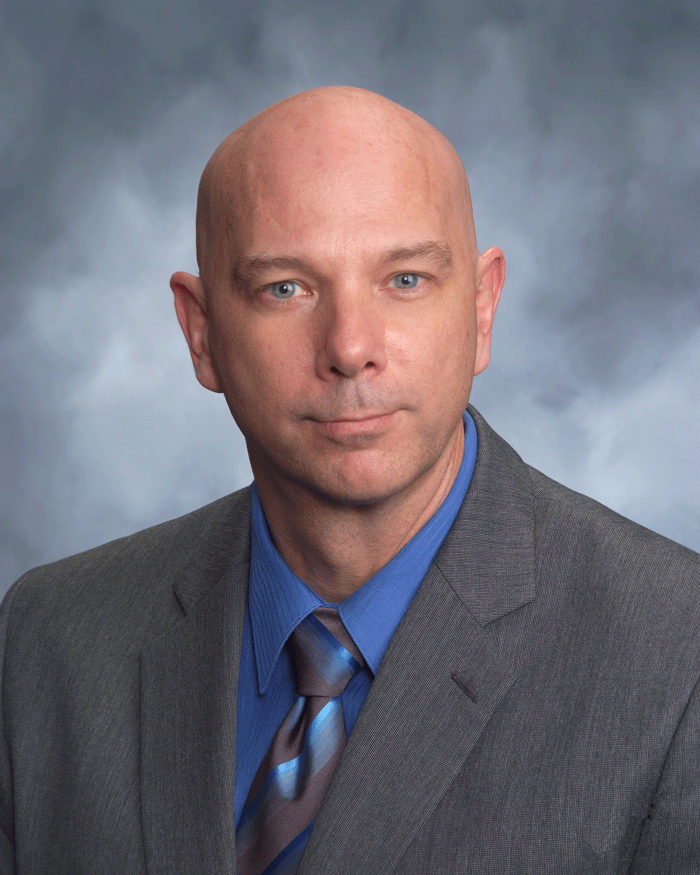
I have been missing my lifelong friend and childhood hero, Toby Dawn McIntyre, so I was excited to see him standing on the front porch. I barely opened the door, however, when he pushed past me. “Where you hiding them, Tommy Boy?” he demanded as he began rifling through random cabinets, drawers, and closets. I played it cool while I mentally checked off all the items I had hidden from him for his own good over the years (mostly harmonicas, roller blades, and berets). “The phonebooks!” he screamed. “Phonebooks!”
Apparently, Toby Dawn recently asked to see a phonebook at a local establishment, and the high schooler working the counter was clueless. One thing led to another, and Mr. McIntyre decided that in my past as a public school superintendent I purged phonebooks from the schools – a blatant and fascist act of censorship. Curiously enough, I recently received a phonebook in the mail, and like the local teenager, I was a little confused, but nonetheless I saved it. As Toby decried the evils of censorship, I handed him the thin, little book of lonely landlines.
As Toby suspiciously flipped through its pages, I pondered censorship in 2022, a weapon wielded by both sides in the culture wars lately. As Twitter, Facebook, and Google have all learned recently, the surest way to bring unwarranted attention to something is to censor it. The more they de-platform, shadow ban, and outright block stuff, the more interesting it becomes to the general public. Consequently, as soon as kids hear about something “banned,” they look it up.
Toby Dawn produced a black Sharpie and was busily marking out all the phone numbers and businesses he decided were inappropriate. “Kids don’t need to see this stuff,” he reassured me, but he also marked out the local Chevy dealership (he’s a Ford guy) and the phone numbers of several other businesses who “cheated” him. While I could not dispel Toby’s concerns, I wondered about the effectiveness of his approach.
Virtually every student has a smartphone nowadays, and very few of them have any internet limitations that they cannot bypass. Worst case, they have a friend with internet, so kids have virtually unfettered access to any “phone number” they might wish to see. Sadly, kids are no longer allowed to be kids for very long. They are barraged with terribly age-inappropriate stuff at the earliest ages. Anything they want to know, hear, see, or have delivered is a tap away.
Of course, this certainly does not make everything appropriate for schools, but we are quickly learning that if we banned every book that contained anything offensive, we would have nothing left, not even Dr. Suess. On the other hand, when a school makes something available, even when it is not required, it can be interpreted as an endorsement. Even something as innocuous (and useless) as a phonebook can be considered harmful, so it is very difficult to draw the lines, especially on a state or national level.
Unfortunately, we can never shield our children from everything controversial, offensive, or age-inappropriate. If we continue to sanitize history based on a modern reinterpretation of historical issues, we will be forced to remove all history, literature, and art from public schools. Let’s face it, most of history is age-inappropriate, offensive, and controversial. No amount of political stump speeches, school board protests/counterprotests, or vague and unenforceable laws will fix this.
A frustrated Toby finally handed me back a highly redacted phone book. “They can just google it, anyways,” Toby said, “sounds like a parent problem, to me.” And Toby is right. Ultimately, this is a parent problem, but not something they have to face alone. The parent-teacher partnership at the local level can usually work through these difficult issues . . . locally. We can ban everything, including phone books, but a yellow pages mindset will not foster critical thinking in our students. You would have better luck teaching them to play a harmonica while wearing a beret and roller-blading. I have seen Toby do this, however, and such awful behavior must be censored.
Tom Deighan is a public educator and author of Shared Ideals in Public Schools. You may email him at deighantom@gmail.com